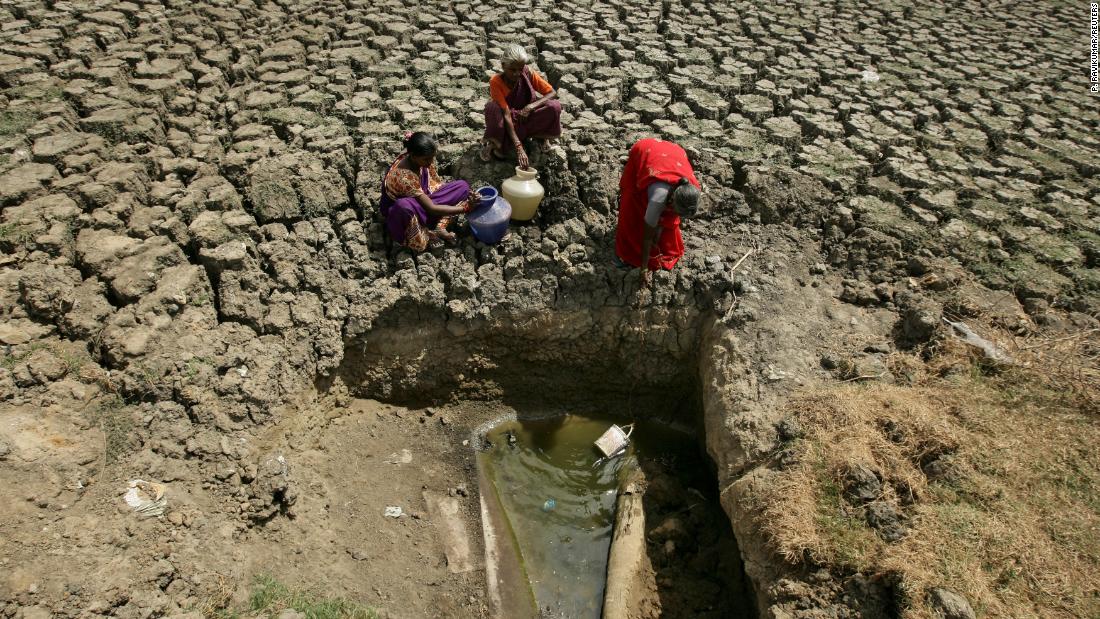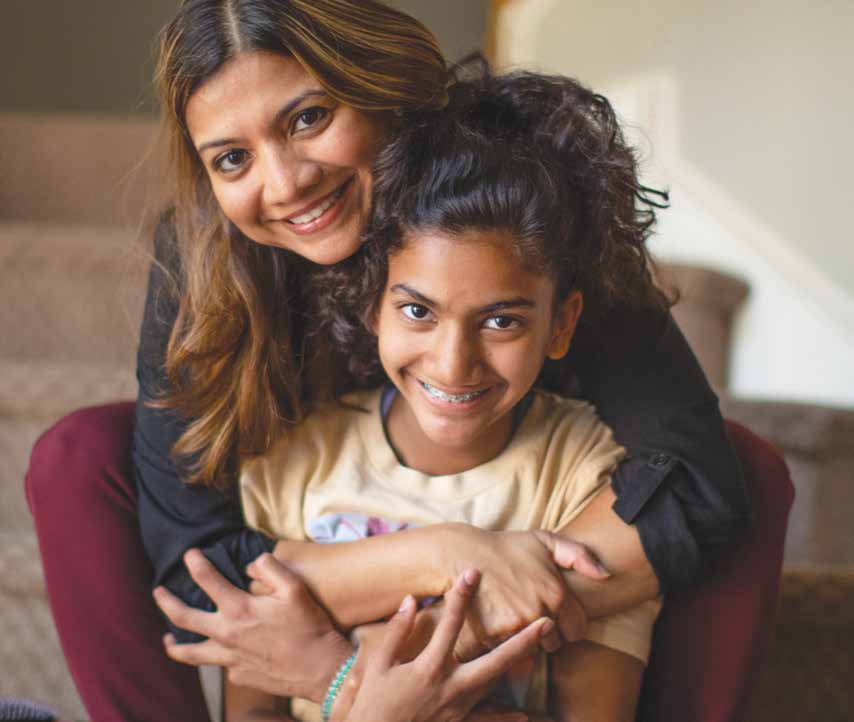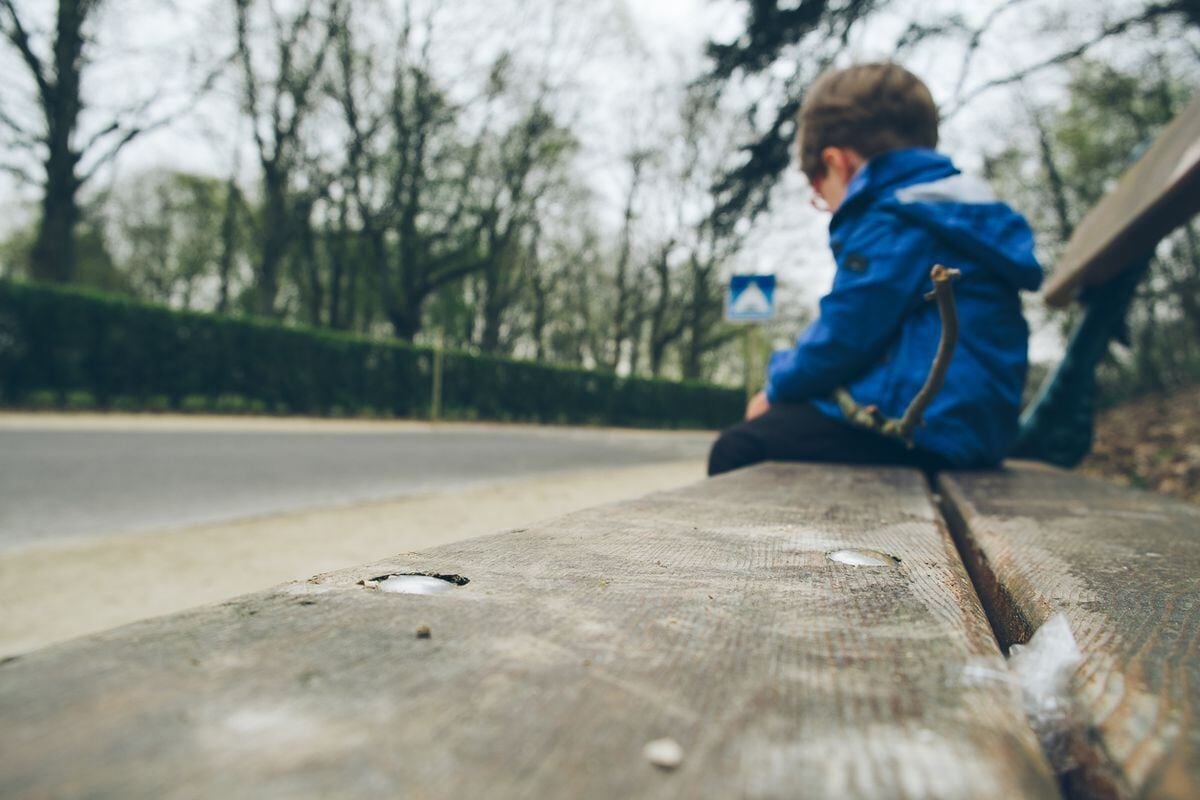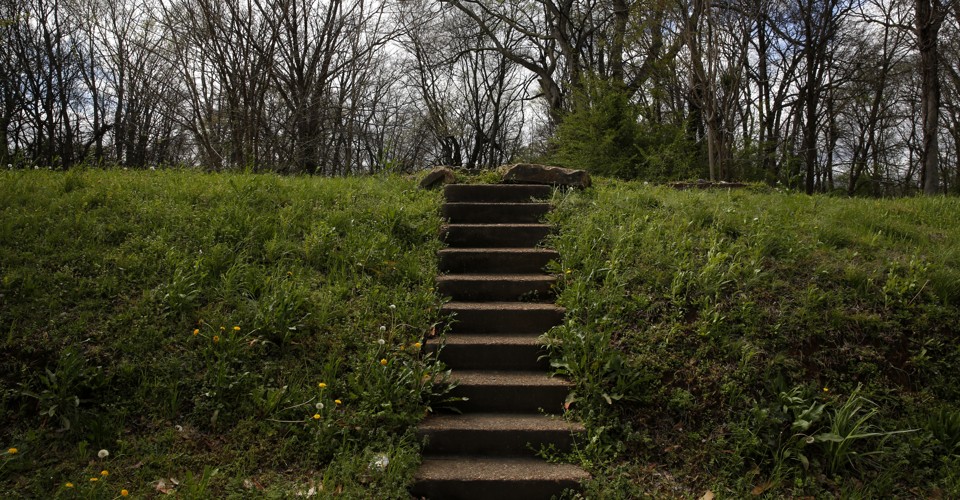The potential change in the federal poverty line would lower the number of people who qualify for social services by almost 1 million.
A new report from the University of Wisconsin-Madison says poverty in Wisconsin has remained mostly stagnant over the past decade, despite historically low unemployment in recent years.
Walmart is expanding a program for food stamp recipients to buy groceries online and pick them up in stores. It’s the latest move to give them more options in the era of online shopping.
Nonprofit hospitals pay virtually no local, state or federal income tax. In return, they provide community benefits, including charity care to low-income patients. In Memphis, Methodist Le Bonheur Healthcare has brought 8,300 lawsuits for unpaid medical bills in just five years.
Health inequities are getting worse, according to new research. Factors like income, race and gender are playing a larger role in health outcomes than they did 25 years ago.
The long lines and problems facing a temporary free clinic in rural Tennessee reflect the reality facing areas with diminished medical care.
Missouri has one of the worst rates of maternal mortality in the nation. Some Democrats worry that the state’s new abortion restrictions could make that rate worse. Republicans say they’re addressing the issue.
One Montgomery woman shares her story of a catastrophic birth and what it took to survive.
Before he got another chance at freedom, Tyrone Henley spent six weeks in jail, unable to put up $25,000 cash bail. But last week, Henley and dozens of
Finding quality, affordable child care is a problem across Maine. For some parents, it’s a financial hardship. For others, it means forgoing education or a better job to stay home with the kids.
The world is facing a “climate apartheid” between the rich who can protect themselves and the poor who are left behind, the UN has warned.





























